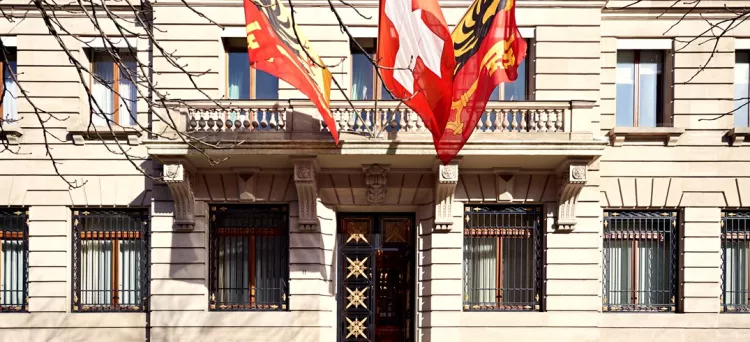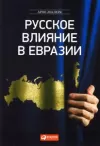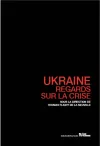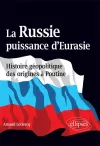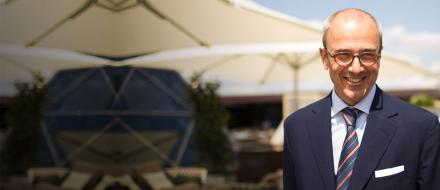A private affair
Lombard Odier & Cie is taking a bullish approach to the Middle East’s private banking segment
For seven generations, Lombard Odier & Cie has run its private banking operation with a distinctly Swiss approach committed to preserving, growing, and transmiting its clients’ wealth.
Their conservative approach has avoided them the turmoil of the global financial crisis, and led them to expand at a time when many banks were contracting their operations. Today, they have their eyes on the high net worth individuals of the Middle East. Venture caught up with Lombard Odier & Cie’s Arnaud LeClerq for the following exchange.
What type of services do you provide at Lombard Odier? What is your differentiating trait? And what can you offer Middle Eastern customers?
We are one of the largest and last true private banks in the world. Our assets under management are $150 billion, so while we are a boutique bank – it is a big boutique. We are not listed on any stock exchange, and this gives us a lot of independence and alleviates us from market pressure – thereby allowing us to just do our job, which is to manage the wealth of our clients. Out of $150 billion, individuals and families own 70 percent and the remaining 30 percent is owned by pension funds that are mostly European. Our firm was established 216 years ago, and while the environment around us changed, we have not. Some banks change their CEOs every few years, but our founding families have managed the bank for seven generations. In this unstable environment, people want quality and safety. The fact that we do not have an investment banking arm, we have no debt, and we don’t do corporate or real estate finance has alleviated us from major losses. We also believe that private assets must be managed in a different institution than business assets, so that there is no contagion if anything goes wrong.
Is there a minimum threshold for clients who wish to bank with you?
You must have a minimum threshold to invest properly. It is not a bureaucratic requirement, but normally we start with $1–5 million, because you must have a certain amount to allow proper diversification and asset allocation. It is not our arrogance or anything else. We have clients now that have assets below that threshold, but these are usually descendents of clients whose assets have been diluted through inheritance.
Tell us about the appeal of private banking, and what your customers are looking for in a bank, and your capabilities of fulfilling their expectations.
Well, our banking approach is cautious. We are well situated to preserve, grow, and transmit wealth. Within that, we do everything from A to Z: structuring the portfolio, building legal frameworks, and working with different governmental structures to ensure smooth succession and transmittal of wealth. Clients can have idiosyncratic and sophisticated requests, and we are well suited to accommodate that. Those requests can range from working with different tax structures, to having inheritance plans for clients with daughters only, to Shari’a compliant investments and private zakat funds.
How has the economic crisis in the Eurozone impacted your businesses? With all the wealth that has globally been wiped out, how much more challenging is it to operate?
It is very challenging, and no one is immune from the situation. However, some banks are more immune than others. Our own balance sheet is not leveraged. We are overcapitalized – the requirement according to Basel III is 9 percent, but our capital ratio is almost 21 percent. Our money is deposited in AAA papers, usually with collateral, at the Swiss National Bank. The crisis is impacting our businesses both positively and negatively. We have much more inflows of capital because we are safer, and because we are based in Switzerland. However, we are not able to invest the assets we receive in the same manner that we previously could. In other words, our clients’ investment appetite has become more risk-averse. However, we are not suffering too much because our growth is organic and slow paced. So in boom markets we don’t grow as much as other banks, but in crisis times we stay relatively flat.
Has the crisis in the Eurozone forced you to look elsewhere for business? And how would you rate your presence in emerging markets (BRICS, East Asia, Middle East)?
These markets obviously present great growth opportunities, and the Middle East is a central part of that. We have been working in the Middle East for the last fifty years. Lately as some banks have been leaving, we have been doing the opposite and intensifying our presence because our product offering is appreciated in the region. This is why I have relocated to our six-year old office in Dubai. We also have an office in Moscow, and have solid activity in Russia and the CIS, not only in terms of client servicing but also as an investment destination. We have a longstanding investment experience in Brazil. In Asia, we have our own bank in Singapore, which was among the first private banks registered there. We also have an office in Hong Kong and a solid base in Tokyo.
How does the Middle East figure in your overall strategy? How do you see yourself fitting in the regional banking landscape and bridging any gaps in the existing offerings?
We are really focused on high networth individuals and families, and on managing their wealth internationally. So we are a very niche player, and the local banks have not shown as much experience and interest in this segment in the past. We play a complimentary role to the offerings available in the Middle East. Additionally, we are looking at some partnerships with regional banks, such as RAKBank, which do not have the capacity to manage their private banking segment.
What is your outlook on the global economy for and beyond 2012? Do you see a light at the end of the tunnel for Europe?
The essential problem actually is not just Europe, because there are other countries in precarious situations such as the U.S. However, for some reason, Europe is getting all the attention in the current discussion. People should ask in earnest whether this is a balanced view. We try to have a balanced view, not to be overly negative on Europe, and not to be overly positive about others. Certainly, the risk in Europe is very high today, but what the banks (and countries) have to do is to deleverage. Unless a number of these countries do the proper reforms and deleverage, there is no end.
The big debate today is whether we should be growth oriented or whether we should be austere. There is no right answer, but we believe that people in some countries should work more, and to some extent make less money in order to grow more and borrow less. What people and banks are waiting for is to have strong guidelines and decision making from the European Union, which is an advantage the U.S. has. Some smaller countries in Europe are not in a worse situation than some states in the U.S. Let’s face it, Greece is 3 percent of the Euro zone economy, and while it impacts the global economic landscape, is it more important than the situation of California in the U.S.? Of course not. From what I can tell, the situation in California is dire, but we don’t talk about it enough.
Article published in Venture magazine on July 2012.

